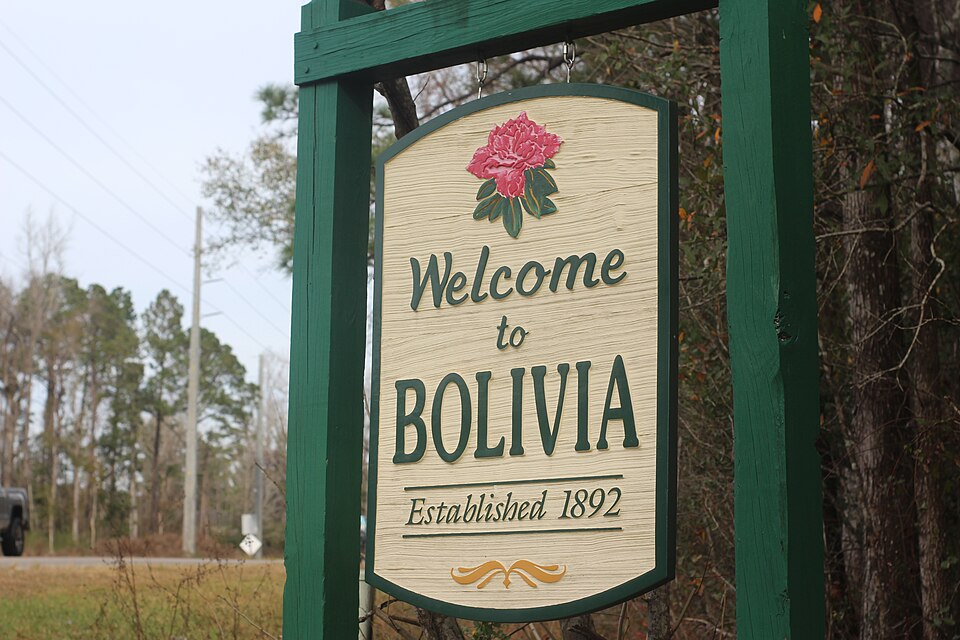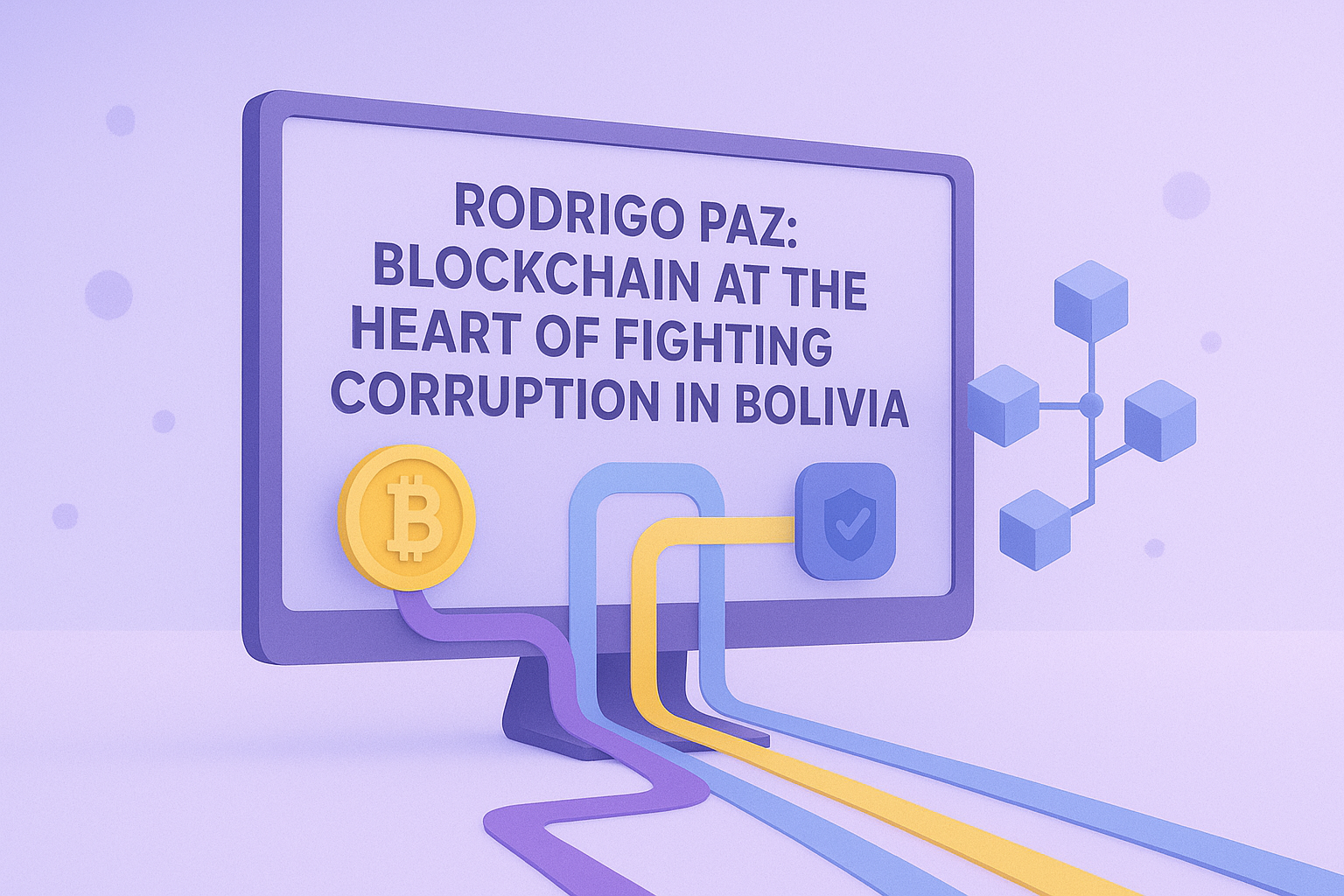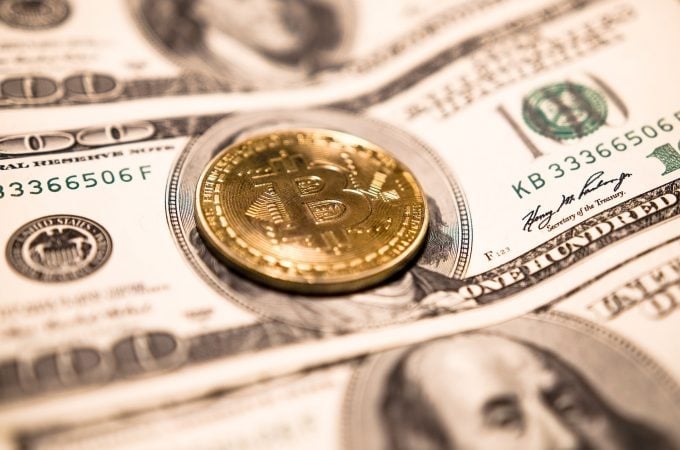
Bolivia’s new president: blockhain used against corrupition. On October 19th, Rodrigo Paz won Bolivia’s presidential elections, ending two decades of socialist domination, therefore signaling political change As a Christian Democrat (PDC), he promised to modernize the country while also integrating technologies such as blockchain to fight corruption.
Blockchain and smart contracts: a revolution for public procurement
Among the measures of his program, he suggested introducing blockchain and smart contracts in public procurement procedures, specifically to improve transparency. This initiative aims to automate transactions and, consequently, trace every step of the process. Each step of the process will thus be registered immutably, making manipulation and fraud detectable.
A digital asset stabilization fund
Another suggestion involves creating a stabilization fund with digital assets declared by citizens, subsequently strengthening national reserves. This measure will not only regularize assets but also provide alternatives to foreign currencies during crises.
Bolivia’s new president: A team dedicated to anti-corruption
To apply his reforms, he is accompanied by a dedicated team that moreover supports transparency and accountability. His running mate, Edmand Lara, a former police captain, gained reputation by denouncing corruption in police forces, thereafter inspiring trust. This example clearly symbolizes the president’s will to abandon former practices and govern ethically, indeed with transparency.
Conclusion
His election marks a major milestone for Bolivia, and adding blockchain to public processes strengthens citizen trust, overall improving governance. These reforms could therefore modernize administration and position Bolivia as a model of digital governance in Latin America. If successfully applied, they might also inspire other nations to adopt innovative solutions against corruption.
The image used is under no restricting license: Wikicomons
What to know more about crypto? Coinaute









